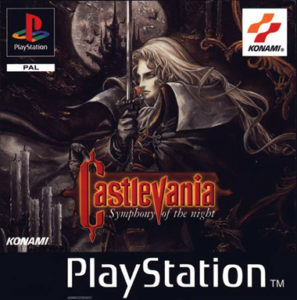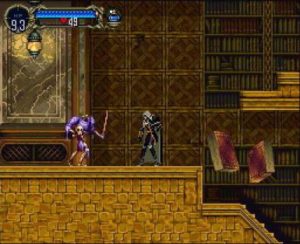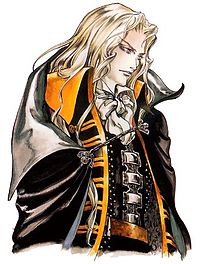You wouldn’t have wanted me to do this, I’m sure. You were always so optimistic. Even in those final days, you still tried to get me to smile, to laugh. And I did. But who is there to get me to smile now?
So today… Today I will do something. If there is a god in heaven—and how can there be otherwise since He sent you to me—I must trust that He is merciful. I must trust that He knows my weaknesses, and that He will forgive me.
So here I am on our back porch, shotgun on my knee. I’m switching the safety off.
I remember you as I first met you, with golden hair, sparkling green eyes, and the most radiant smile I had ever seen. I never dared dream that I would be waking to that smile for the next fifty years, but even at first meeting, I knew those eyes would never leave me.
Ah, those eyes. I remember when we went to Ireland for your friend’s wedding. I had heard it called the Emerald Isle, but all the green of Ireland couldn’t compare to your breathtaking eyes.
And that hair—spun gold like straw fresh off Rumpelstiltskin’s spinning wheel. It didn’t last much longer than my own unruly mop, but even when your gold turned to silver, you were still as beautiful and radiant as the sun.
I remember that radiance when I sit at a table suddenly much too large, sleep in a bed much too cold, live in a house much too empty. How can I help but remember, when every corner of every room is filled to overflowing with you? We built this home together—brick by brick, memory by memory. How can I stay in it alone?
I almost never cook now. I used to love cooking, but then, I always had someone to cook for. Somehow it rarely seems like it’s worth the effort anymore.
I know what you would say. You would tell me to get up and do something. You would tell me to go for a walk or paint or fish or garden. You would tell me to try a new restaurant or read a book or go see the fall leaves.
But I’ve tried all those things, and I remain empty inside. No, not just empty, but incomplete. All these years I’ve been part of a “we.” A beautiful, wonderful “we.” And I can’t go back to being an “I.”
So I raise my gun.
And lower it again. Put the safety back on. Set down the gun. My hands are trembling.
I rub the wooden armrest of the porch swing, worn by the years, and looking at the empty seat next to me, I can almost see you there, reading. I look out at the yard, covered with leaves ready for the raking, and can almost hear your feet crunching the leaves underfoot. I feel a sharp gust of wind and can almost smell the scent of your apple pie, tantalizingly close to being cool enough to eat carried on the breeze.
And I know I can’t do it. I can’t leave all this behind.
There are tears running down my cheeks and I don’t know why. I desperately want to see you again, but not right now, not this way.
I hope my time comes soon. I miss you terribly. But for now, it’s starting to get dark, and it’s about time I start cooking dinner.


